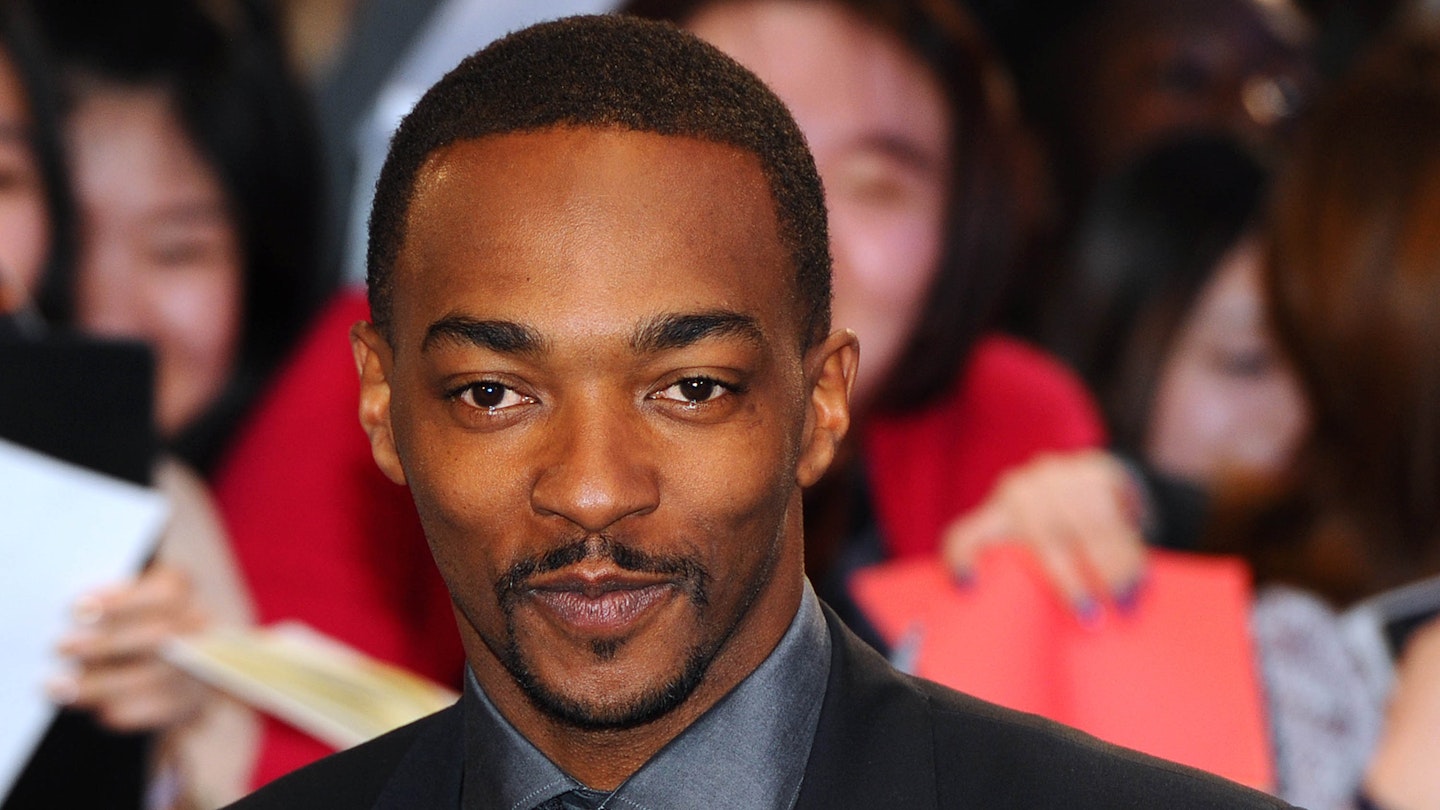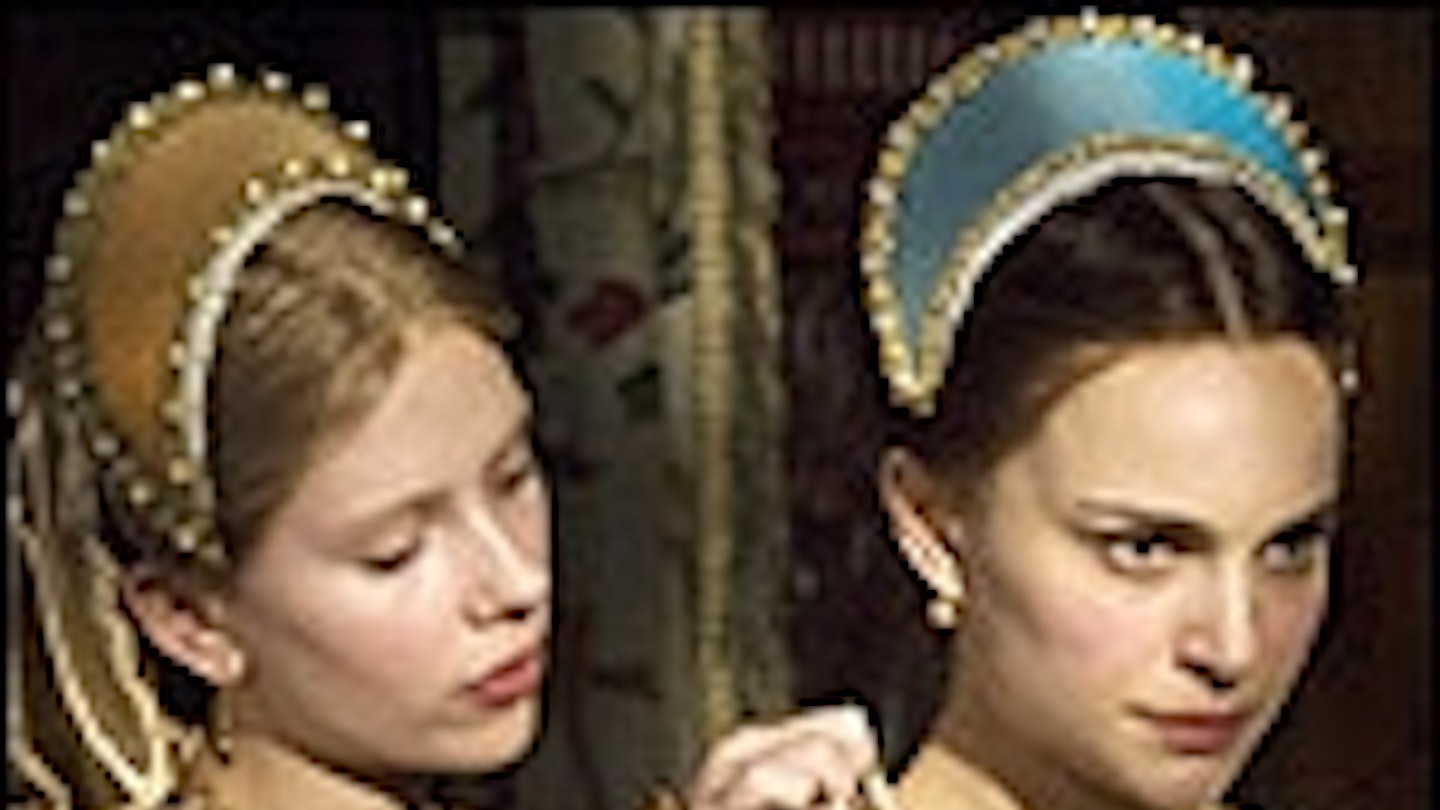It is often said that the past is another country, and nowhere is this more true than when journeying through the realms of historical fiction. It’s a fact that author Philippa Gregory certainly noted when penning The Other Boleyn Girl - a bestseller full of doomed romance, courtly stratagems and the lopping of heads - which exploits the huge gaps in our knowledge of the real Anne Boleyn (Natalie Portman), the second of Henry VIII’s six wives and the first to suffer the executioner’s terminal blow.
Anne was the catalyst for one of the key moments in English history - the break from the Catholic church - but much of her life remains lost. Gregory harnesses this diaphanous uncertainty, seizing upon the gaps in Anne’s history to scribble her own tale of intrigue, revolving around her even lesser-known sister, Mary (Scarlett Johansson).
In bringing the book to the screen, debut feature director Justin Chadwick was faced with a difficult choice: how much of Gregory’s speculative narrative to incorporate. And with a running time of just under two hours, he may have kept too much. The script, by The Queen and Frost/Nixon scribe Peter Morgan, makes several alterations to the original tale, dispensing with the characterisation of minor participants who, in the author’s version, serve as more than moderately interesting players required to advance the plot (Kristin Scott-Thomas, as the girls’ mother, is an honourable exception). However, the film still dashes along between earth-shattering events, without pausing to let the audience, or the characters, catch their breath.
What’s more, Anne and Mary are thrust into court-life and spun into a web of complexity that does little to enhance their comic-book-thin characters. One wonders if by erring on the side of simplicity, Chadwick could have proffered more fulsome answers to important questions. Why is Anne so wicked, and Mary so wretched? Unfortunately, the scant narration from their father provides little insight.
In playing the quarrelsome siblings, Portman and Johansson conjure admirable performances, working as best they can with the dialogue and situations they’re afforded. The former is in delightfully coquettish mode, especially when seducing the king, and shows clear desperation when events begin to slip from her control, while the latter carries her humility with as good a grace as possible for a character who’s as wet as an otter’s pocket. Eric Bana’s Henry remains slight, in spite of the actor’s best efforts, although his volatile temper, impulsive nature and fondness for approval are all sketched out in his relatively short screen time. As one would expect, the stages upon which they play are all sumptuously framed and shot.
Gregory’s novel is hardly a masterpiece - it’s more Catherine Cookson than Robert Graves - but it carries its tale through a full and varied world that is missing from the film. A novelist can bury his or her shortcomings amid pearls of mellifluous prose; a filmmaker, however, cannot.




